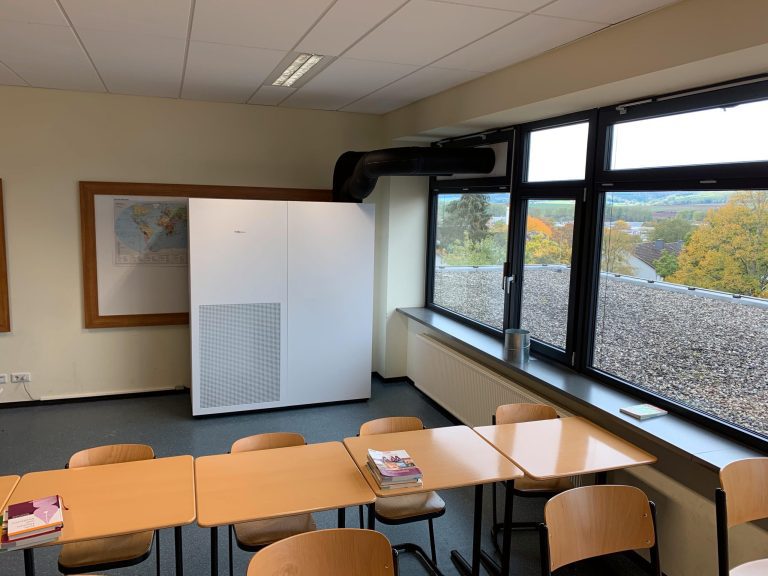UK RESIDENTIAL and commercial developer Godwin Developments has today (Tuesday 15 December) gained approved supplier status on Pagabo’s new national developer-led framework, worth £47 billion. The approval will enable Godwin to be directly appointed on developments or bid for contracts to deliver residential schemes such as housing, student, and multifamily schemes, as well as senior living projects. The EU-compliant framework, which will run for five and a half years, will assist Godwin in partnering with public sector organisations through single site development agreements valued between £20m and £40m across London, South West, East of England, East and West Midlands, Yorkshire and Humber, North West and North East England. In addition, the business will also be eligible to cover projects worth up to £40m in London, South East, Midlands and North of England, delivered through either special purpose vehicles, joint ventures, LLP or other corporate structures. Acting on behalf of Cumbria, Northumberland, Tyne and Wear NHS Foundation Trust, the Pagabo framework will cover a range of developer-led schemes within the construction industry and is open to all public sector bodies including schools, universities, local authorities, police and emergency services, NHS organisations, health and social care providers and housing associations, as well as central government departments and the Ministry of Defence. The business secured a place on the framework after a rigorous OJEU compliant tender process, covering relevant experience, financial suitability as well as contribution to social value and technology implementation. Lindsay McCombe, senior development director at Godwin Developments, said: “We are really proud to have been awarded a place onto this prestigious national framework. As an established UK developer with credentials across the residential and commercial sectors, we bring over 20 years of experience in property – from identifying sites through to design, planning permission and full build – and have a solid track record in both single-site schemes as well as projects delivered via SPVs, LLPs or joint ventures. “We are also passionate about enhancing local communities by attracting investment and creating homes and jobs, improving public realm, skills and opportunities, growing infrastructure and the provision of affordable homes. Similar to the UK government, we see construction and support for the public sector as a key component of recovery and long-term prosperity. We look forward to working with procurement departments in our appointed regions to realise their regeneration programmes.” Jason Stapley, managing director at Pagabo, said: “With all our frameworks we aim to simplify the whole procurement process, ensure flexibility and provide greater choice for clients, all packaged up with OJEU compliance – our developer-led framework is no different in that respect. It will allow developers the ability to procure works through a compliant and simple to use framework and help the public sector with vital expansion plans, creating an overall more robust sector. “We’ve been absolutely blown away by the response we’ve had in this tender process and are really pleased to be bringing a unique procurement offering to market with such a strong set of companies.” Stuart Pratt, group development director at Godwin Developments, said: “It is fantastic to be concluding 2020 with news of our appointment to the Pagabo framework. Today’s award is an acknowledgement of our growing national capability, strong in-house team and exceptional advisory board – all of which will be able to support public sector teams across the country as they seek to improve infrastructure and services across their towns and cities. “I would also like to thank Pagabo for providing us with the opportunity to be a part of their programme, and we look forward to working closely with their teams over the next five years and beyond.” For further information on Godwin Developments visit www.godwindevelopments.co.uk














